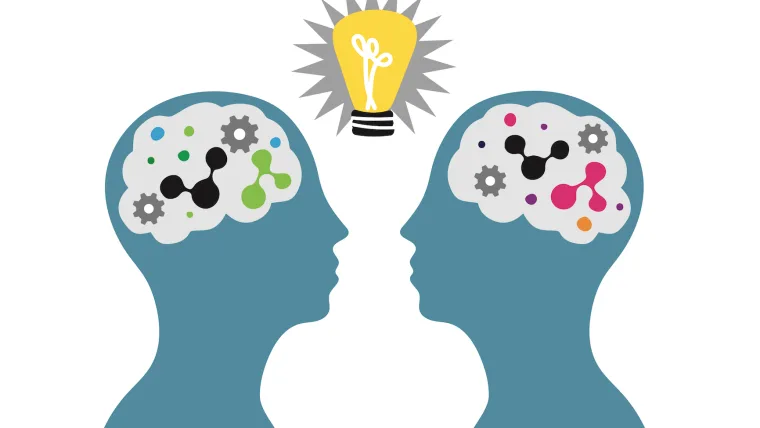Ph.D. in Behavioral Neuroscience and Psychopharmacology: Introduction, Admission, Registration, Eligibility, Duration, Fees, Syllabus 2024

Introduction:
The Ph.D. in Behavioral Neuroscience and Psychopharmacology is a specialized doctoral program that integrates the disciplines of neuroscience, psychology, and pharmacology. It focuses on understanding the biological basis of behavior and the effects of drugs on the nervous system. Students in this program engage in advanced studies and research to uncover how neurological, genetic, and pharmacological factors influence behavior and mental processes. This interdisciplinary approach prepares graduates to develop and evaluate therapies for neurological and psychiatric disorders, enhancing both academic and clinical practices.
Admission Process:
- Application Submission: Complete and submit an application along with a fee.
- Academic Transcripts: Provide transcripts from all higher education institutions attended.
- Letters of Recommendation: Submit three letters of recommendation from academic or professional sources.
- Statement of Purpose: Craft a compelling statement outlining research interests and career goals.
- Research Proposal: Some programs may require a preliminary research proposal.
- Interview: Successful candidates are often invited for an interview with program faculty.
Eligibility:
- Educational Background: A Master's degree in neuroscience, psychology, pharmacology, or a related field.
- Research Experience: Demonstrable experience in a research setting, preferably related to neuroscience or pharmacology.
- GRE Scores: Most programs require GRE scores, particularly in the quantitative and analytical sections.
- Scientific Publications: Having published research in relevant fields can be advantageous.
- Technical Skills: Proficiency in laboratory techniques pertinent to neuroscience or pharmacology research.
- Interpersonal Skills: Strong communication and teamwork skills to collaborate effectively in a research environment.
Completion Time:
Completing a Ph.D. in Behavioral Neuroscience and Psychopharmacology typically takes between 4 to 6 years.
Career Opportunities:
- Academic Researcher: Conduct research in universities or research institutes.
- Clinical Research Scientist: Develop new drugs and therapies in pharmaceutical companies or clinical research organizations.
- Professor in Higher Education: Teach and guide research at the university level.
- Policy Advisor: Work with governmental or non-governmental organizations to shape health policy.
- Neuroscience Journalist: Write for scientific publications or public media.
- Consultant: Offer expert advice in pharmaceuticals, biotechnology, or regulatory affairs.
Syllabus:
- Advanced Neurobiology
- Molecular and Cellular Psychopharmacology
- Behavioral Assessment Techniques
- Data Analysis in Neuroscience Research
- Ethics in Clinical Research
- Drug Development and Regulation
Internship Opportunities:
- Pharmaceutical Companies: Research and development internships.
- Clinical Research Facilities: Hands-on clinical trial experience.
- Academic Laboratories: Participate in cutting-edge research projects.
- Government Agencies: Engage in public health-related internships.
- Biotech Startups: Innovative projects in new technologies.
- Non-Profit Organizations: Work on public education and policy advocacy.
Scholarship and Grants:
- University Scholarships: Merit-based or need-based scholarships offered by the university.
- Government Fellowships: Competitive fellowships from national research councils.
- Private Research Grants: Funding from private foundations interested in advancing science.
- Industry Sponsored: Scholarships from pharmaceutical companies.
- Conference Grants: Funding to attend national and international conferences.
- Research Grants: Specific funding for dissertation research.
FAQs:
What are the core research areas in this Ph.D. program?
Core areas include neurobiology, drug mechanisms, and behavior analysis.
What qualifications do I need to apply?
A Master’s degree in a related field and relevant research experience.
How long does it take to complete the program?
Typically, 4 to 6 years.
Are there opportunities for interdisciplinary research?
Yes, many programs encourage cross-disciplinary studies combining elements of biology, psychology, and pharmacology.
What kind of career can I expect after graduation?
Careers range from academia and research to industry roles in drug development.
Is funding available for Ph.D. students?
Most students receive some form of financial aid, such as fellowships or assistantships.
